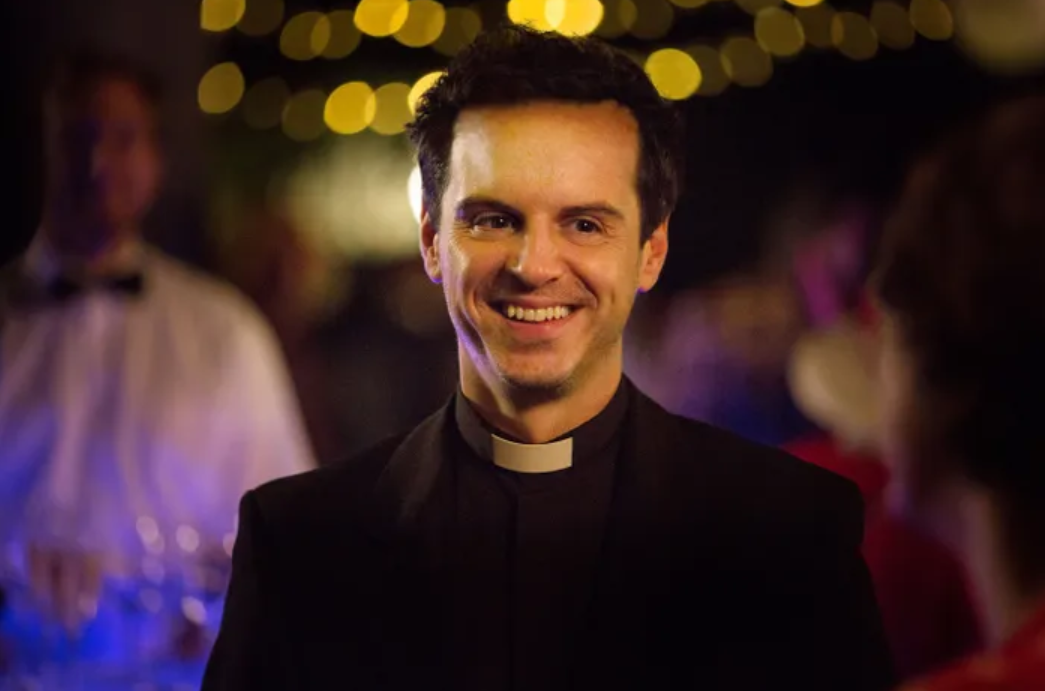As the hot priest in Fleabag said, “[Social media] is awful. It’s awful. It’s painful. It’s frightening. It makes you doubt yourself, judge yourself, distance yourself from the other people in your life. It makes you selfish. It makes you creepy, makes you obsessed with your hair, makes you cruel, makes you say and do things you never thought you would do. It’s all any of us want, and it’s hell when we get there. So no wonder it’s something we don’t want to do on our own.”
A lot of us have this relationship with social media. It ratchets up our emotions. It’s terrifying to put yourself out there. But when it works, it’s an incredible thing.
That, for me, is why I still have faith in social media. When you work for an organisation, you can fall into the trap of thinking that anything can be solved with a document. If we just put down the right words in the right order in a strategy document, we will both reap the benefits of social media without experiencing any of the pain.
Social media, however, is messy.
It’s messy because it isn’t one step removed from our audiences, in the way that a poster on a bus or a leaflet pushed through a door is. When we post something on social media we do so with the simultaneous expectation and fear of a response. We want all of the benefits without any of the pain.
Because social media can be the manifestation of a cultural organisation’s mission. We can use it to have real conversations, to share difficult or entertaining stories, and we can have a public forum to discuss the knotty complexities of what culture, history and art mean to us.
But doing so means embracing it wholeheartedly. It doesn’t mean just broadcasting a message. It means being an active member of the community, relying not just on a calendar of content but responding organically to what is the topic of the day, or making that topic ourselves.
But that doesn’t just require confidence, it also requires time. It requires a shift in mindset that equates online reach with genuine community engagement.
As I’ve started doing freelance work I’ve had to think even harder about what the point of it all is. And the point is being present. We have a duty as cultural organisations to be a part of the conversation, not just content publishers. Neglecting online audiences is akin to closing off galleries to the public – we are sending a message that they are not allowed a part of our space and a part of the conversations we could have.
Essentially, social media is work. It requires showing up, it requires authenticity and it requires talking with people as well as to them.
As I continue freelancing, I’ll be working on how we shift our perception of social media as a scary marketing chore into something that cuts to the core of what we exist for. And I’ll be doing regular blogs to keep track.
Reach out
Interested in what I do and how I can help? Chatting to me is free, and I can work to your budget :)
